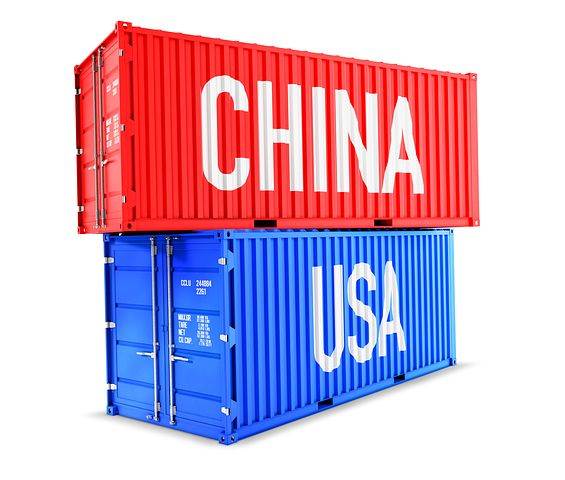The Chinese economy modestly improved in the second quarter according to CBB's Beige Book. The report, which is published by China Beige Book International (or CBB) claims that the Chinese manufacturing and retail sectors had a good performance, mostly helped by the fact that Chinese investors and businessmen currently have access to cheaper loans thanks to government policies.
Nevertheless, the report warns against several risks the Chinese economy is now facing, among them record inventories (a consequence of the trade war with China's main trade partner, the United States), shadow banking, inflation pressures and a weakening services sector.
The report explains that a growth shadow finance (unregulated credit intermediation found outside the regular Chinese banking system) is a sign of increasing borrowing costs, as those lenders usually charge higher interest rates on their loans. The proportion of shadow banking lending is the biggest in all of CBB's history and is a sign of increasing risks in the Financial Sector.
“Current trends suggest Beijing will continue relying on various state-backed shadow lenders to help funnel credit to firms,” said Shehzad Qazi, CBB international manager.
The trade war is playing an important role in Chinese investors and businessmen expectations. The report shows how investment aversion is increasing, signaling that the market actors foresee a trade blow and that, certainly, president Donald Trump's rhetoric on the last months has not been helpful, as most positive signs and advances have faded despite the attempts to reach an agreement.
Now the markets are looking forward to seeing Trump's meeting with his counterpart Xi Jinping at the G20 summit this week in Japan. Whether both countries will be able to reach an agreement is still not clear, since Trump is demanding China to take necessary measures to diminish the trade gap between both countries, among them, attempting to solve intellectual property issues or removing non-tariff trade barriers.
